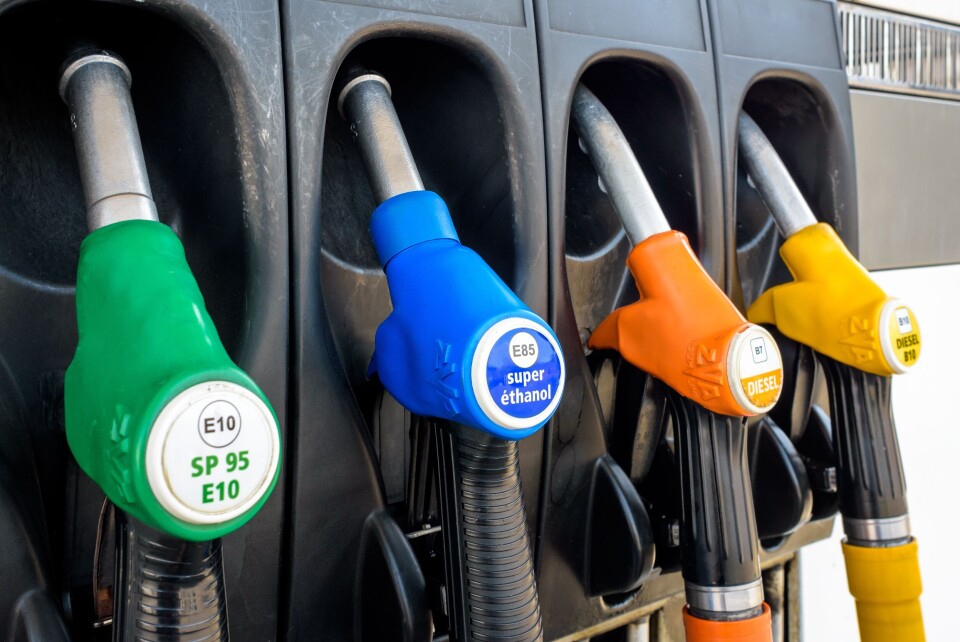-
La Voie Bleue: European Cycle Route of the Year is in France
700km bike path linking Luxembourg and Lyon has been crowned winner of the 2026 title
-
Before and after: Garonne river floods in south-west France
Satellite images show extent of flooding from back-to-back storms in February
-
Home insurance increases expected in France after floods
Compensation costs for the recent storms and flooding across the west and south-west is estimated to be in the billions of euros
Petrol prices remain high in France despite drops in many EU countries
New figures show fuel costs 16% more than it did in February 2022, before Russia invaded Ukraine despite prices in other European countries having largely returned to pre-war levels

France is the EU country where petrol prices are on average still up the most compared with before Russia invaded Ukraine, figures show.
In the Eurozone, the average price before tax of fuel has dropped back to levels seen at the end of February 2022, before Russia invaded Ukraine. This is largely due to the price of a barrel of Brent crude (the barometre that helps to set prices) reverting to pre-war prices.
In France, fuel prices are still 16% higher.
The average price pre-tax at petrol stations across the bloc, as monitored by the European Commission, was 84 cents per litre at the end of April. This is exactly the level shown on February 21, 2022, just before the impact of the Ukraine conflict began to bite.
There are some differences between other countries; Germany and Luxembourg are showing slightly higher prices than Spain, Belgium, and Italy. However, these vary by just 5% maximum.
In contrast, in France, before the invasion, the average price before tax was 80 cents, four cents less than the average in the Eurozone. But at the end of April, the price before tax was at 93 cents, a rise of 16%.
As of May 1, 2023, the European Commission figures for E95 included (consumption price of fuel before tax):
-
France: 90 cents (up from 80.2 on February 21, 2022)
-
Spain: 87 cents (up from 84.2)
-
Germany: 83 cents (86.1)
-
Belgium: 81 cents (80.5)
-
Italy: 79 cents (78.7)
-
Austria: 75 cents (74.2)
-
Malta: 58 cents (58.6)
On May 1, 2023, the average for the EU 27 was 82.5 cents, and 82.6 for the Eurozone. This compares to 81.5 and 82.8 respectively on February 21, 2022.
Recovering margins?
When asked to attempt to explain the still-high price in France, Dominique Schelcher, CEO of Système U, which operates more than half of the country’s petrol stations, told BFMTV that the continued rise is likely due to suppliers looking to “recover their margins”.
He added that even major supermarkets are “no longer looking to systematically lower their prices” in fuel stations.
The petrol industry union UFIP said that the ethanol that is now added to traditional fuel makes petrol more expensive, especially as motorists in France use proportionally more E10 (which contains twice as much plant-based fuel than E5).
UFIP also said that the environmental obligations imposed on the industry required them to raise prices in order to pay for financial contributions via Energy Savings Certificates (EEC).
Francis Pousse, spokesperson for independent fuel stations across France and the president of business and mobility organisation Mobilians, said that their margins had not changed despite prices remaining higher.
Related articles
Why fuel prices are likely to rise again for drivers in France
TotalEnergies to cap fuel prices rather than offer discounts in France
France confirms extra aid for frequent drivers as fuel prices soar
























